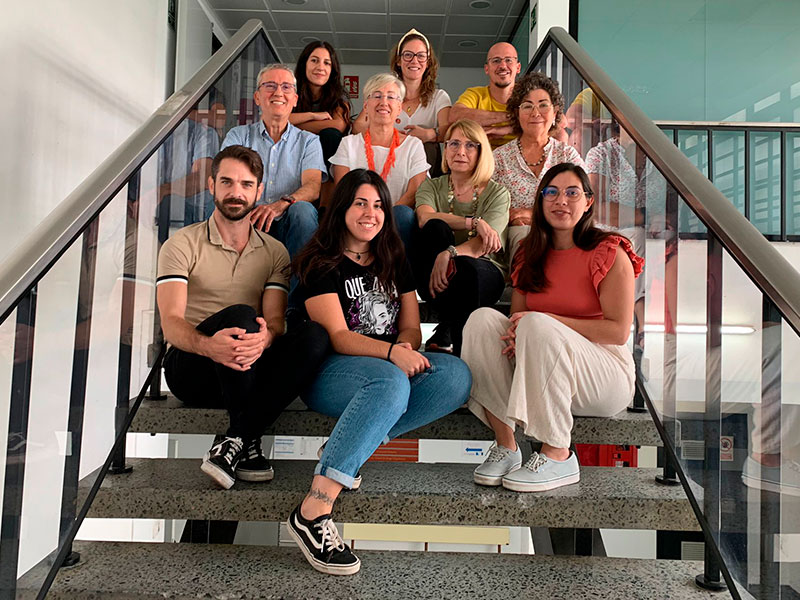Who we are?
The Research Unit on Psychobiology of Drug Dependence is a research group assigned to the Department of Psychobiology of UV.

What we do?
We study the role that principal neurotransmission systems –such as the dopaminergic, the serotoninergic, the glutamatergic, the opioid and the endocannabinoid systems, and the path of nitric oxide– play in positive reinforcing effects of morphine (heroine), cannabis, alcohol and psychostimulant drugs (cocaine), as well as synthesis drugs (ecstasy). Our aim is to identify new therapeutic bullseyes, by testing medicines that can block or reduce the craving and the search and intake of drugs.
We analyse the role that these neurotransmission systems play in conditioned effects associated to tolerance, dependence and withdrawal syndrome for the aforementioned drugs. We also focus on the involvement of different structures of the limbic system (nucleus accumbens, prefrontal cortex, hippocampus, etc.) in both the development of dependence and the conditioned effects on the withdrawal syndrome for morphine and other drugs of abuse.
We try to identify the determining neurobiological and environmental aspects that are involved in the relapse of opiates, cocaine, amphetamines, ecstasy (MDMA) and liquid ecstasy (GHB) consumption. We do this by optimizing animal models of relapse using the Conditioning of Preference to a Place and Self-Administration, to study contextual situations that can reinstate closeness or avoidance. Generally speaking, we aim to identify neurobiological systems involved in relapse, from an anatomic, neuropharmacological and genetic approach.
We also study mechanisms that trigger neurotoxicity processes caused by drugs of abuse (psychostimulant drugs) and we look for possible treatments, by studying the role that neurotrophic factors play in addiction and toxicity provoked by abuse substances.









